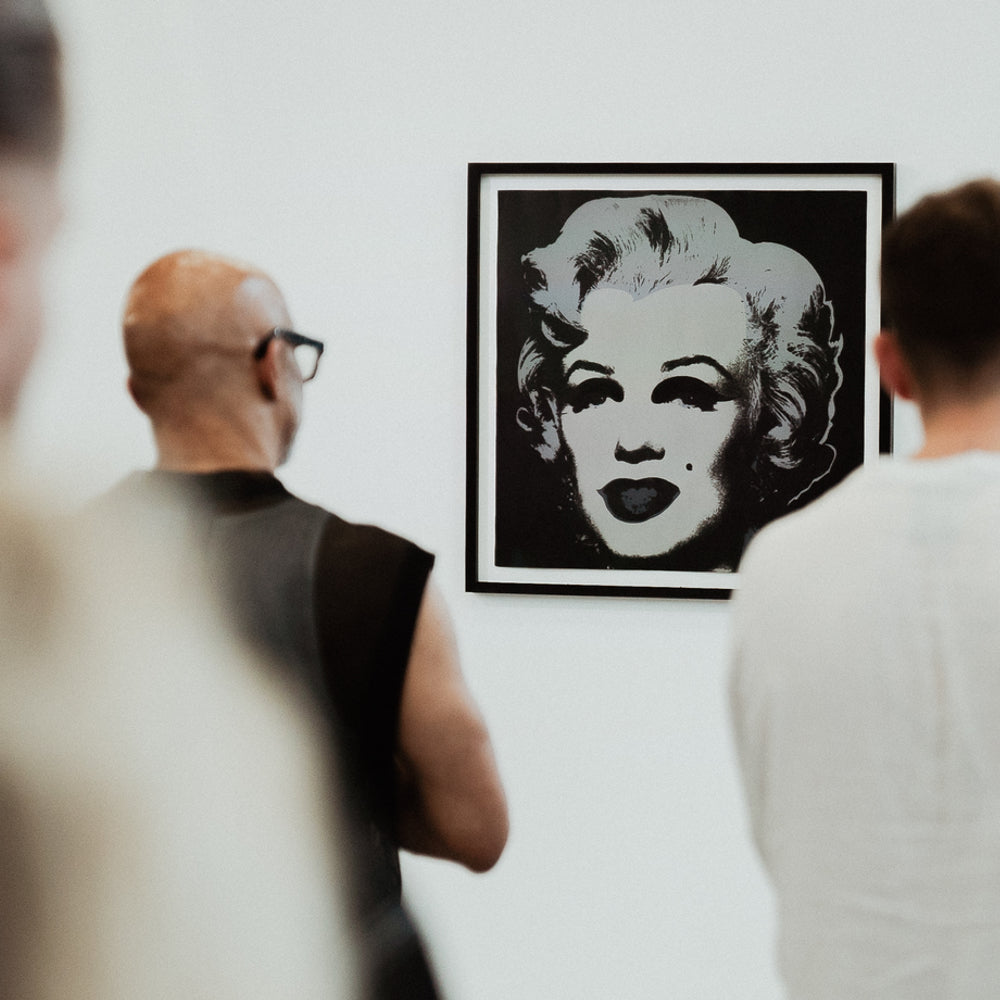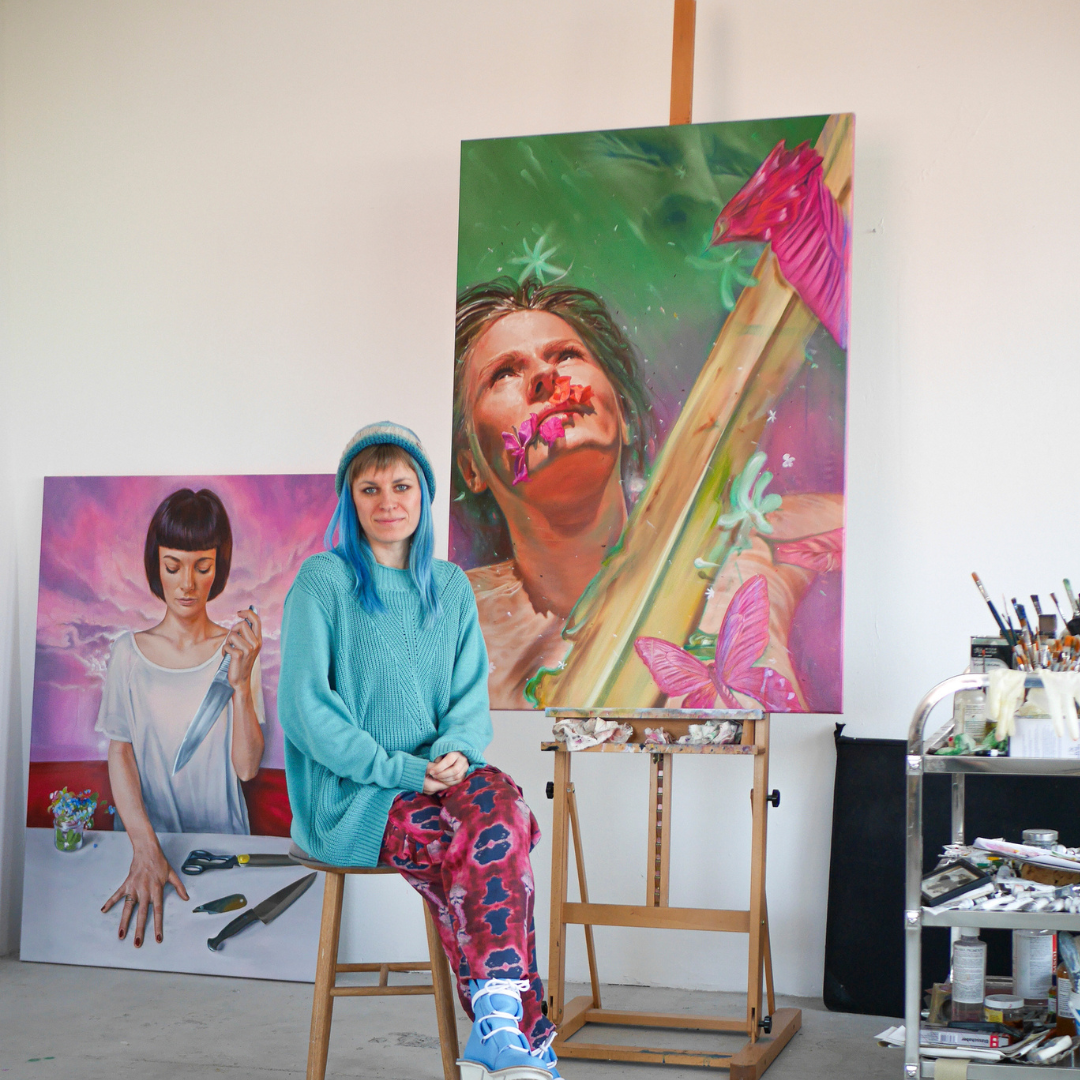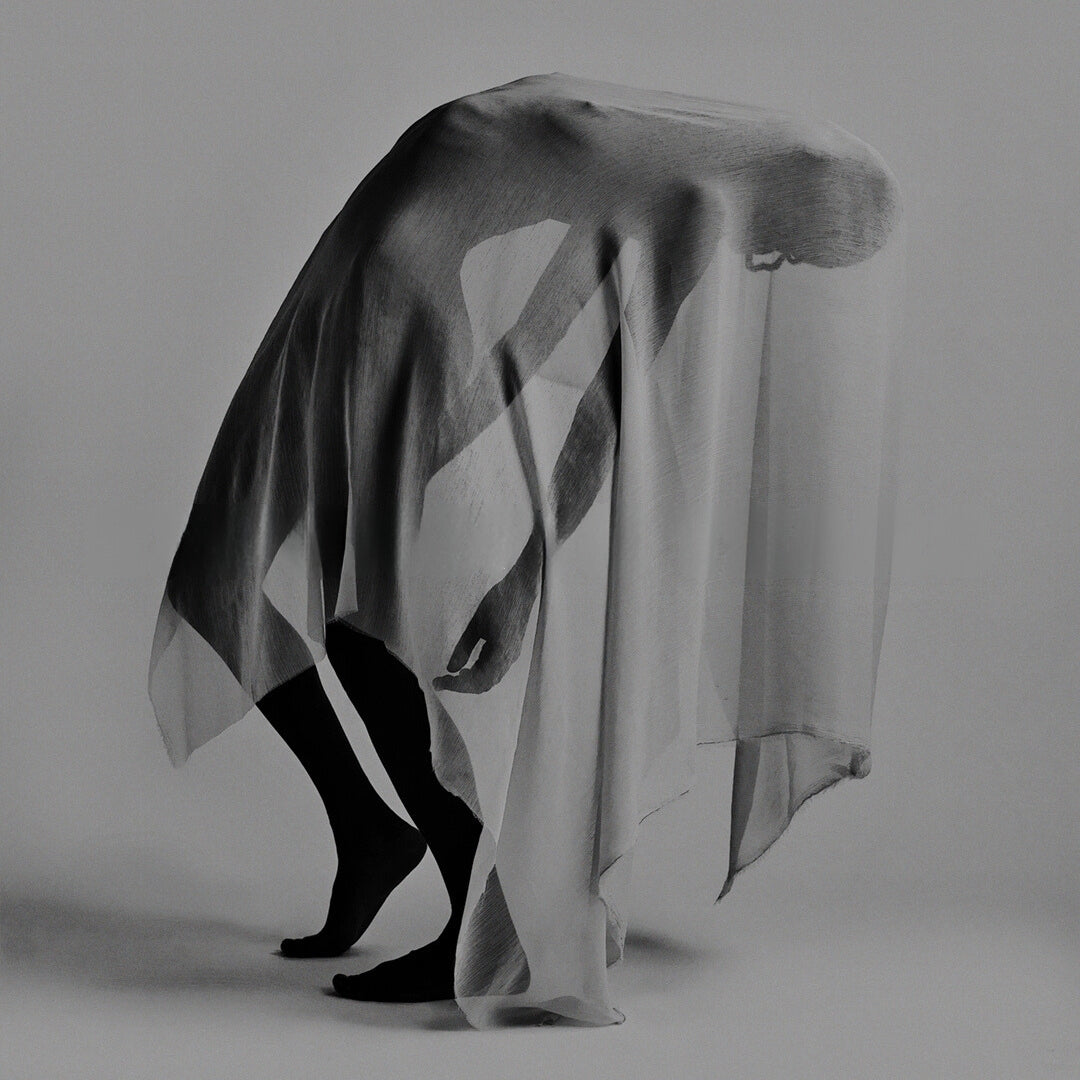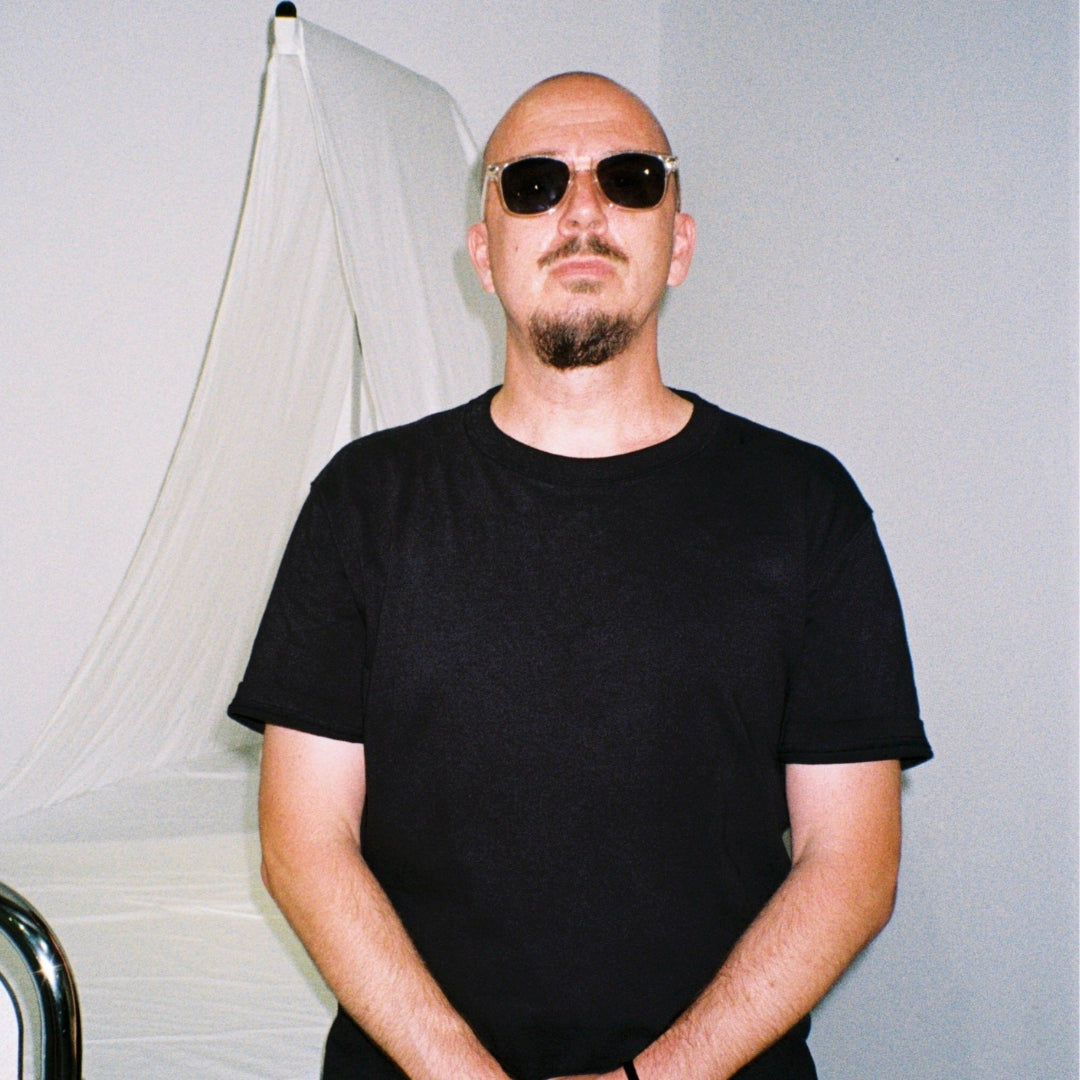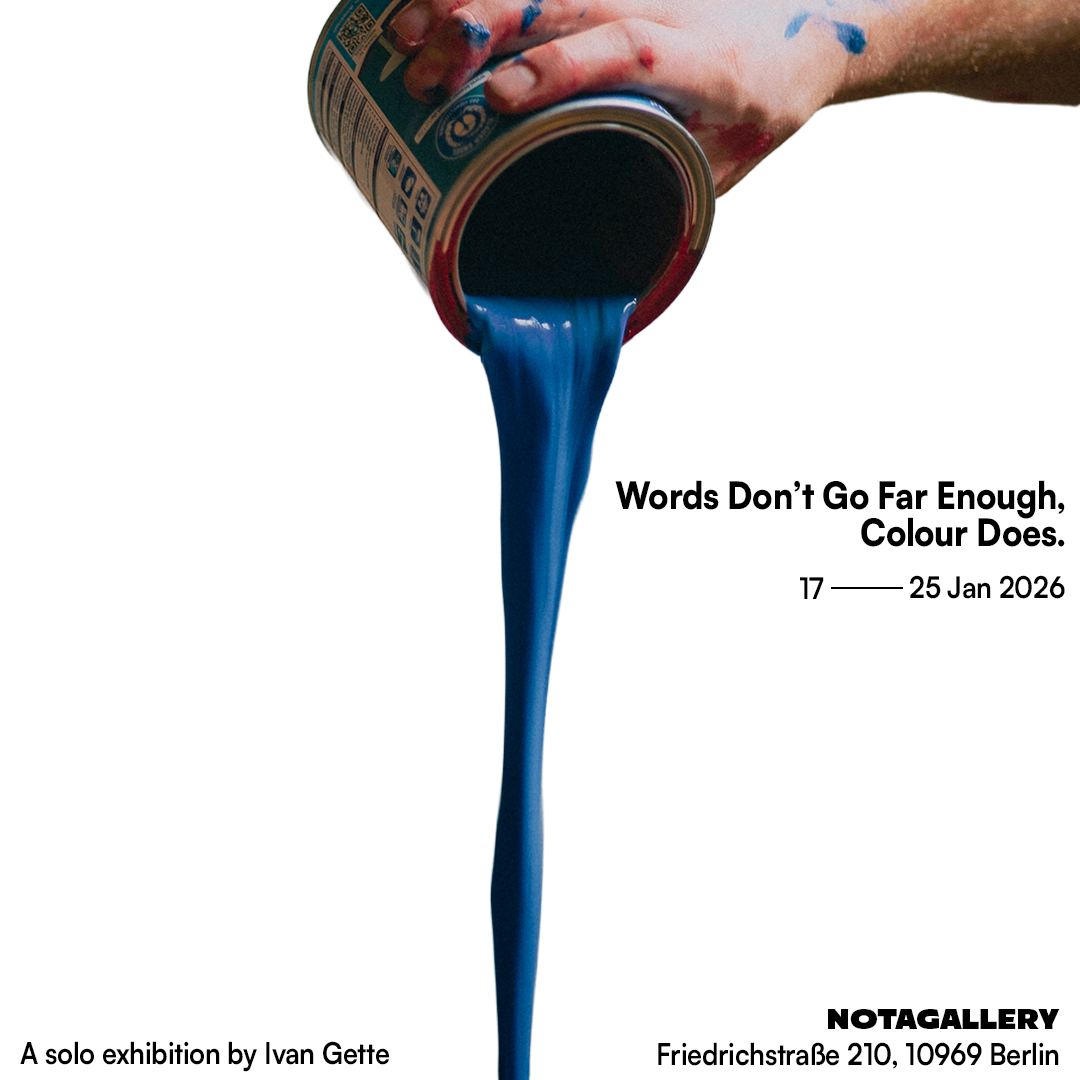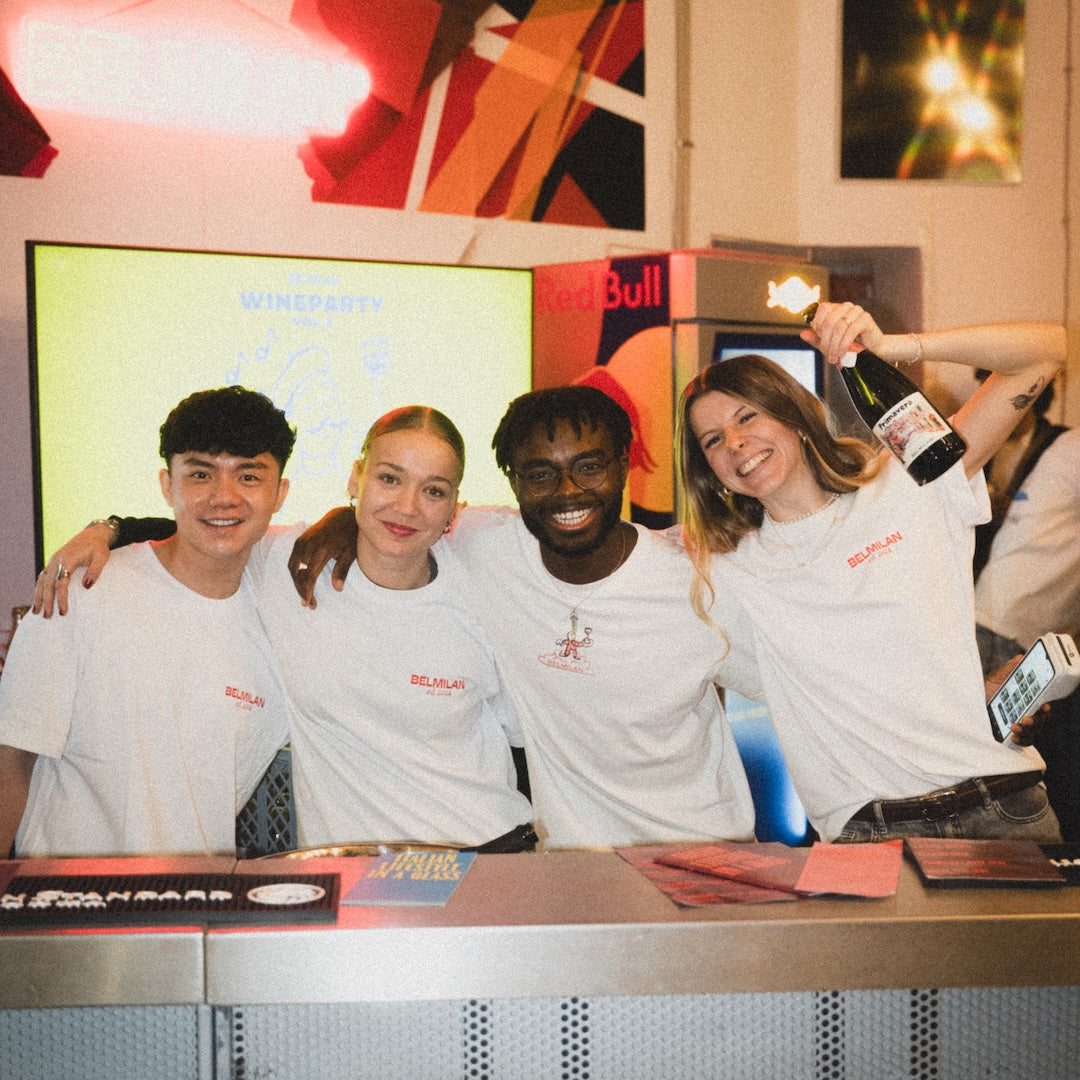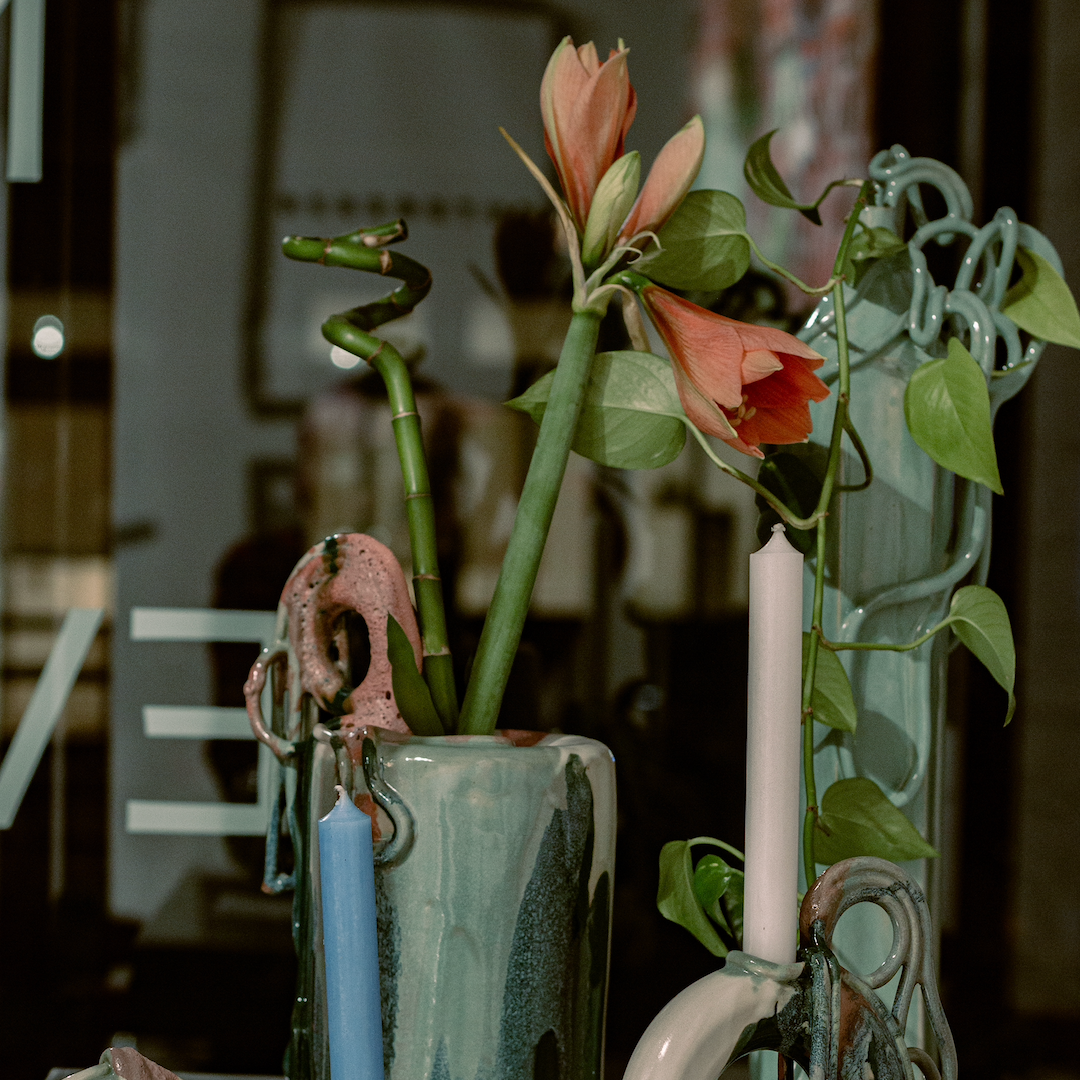We discussed with Berlin-based artist Anne Bengard about her journey, her influences and some of the stories behind her recent work.
Q: How did you get into art? What was your journey like?
I've been making art since I was a little child, just out of the pure joy of it. And I decided to really try and turn it into a career about nine years ago, which is when I moved from London to Berlin.
Q: How has your style changed along time?
I mean, I began really getting into art in my teens. I was a massive manga nerd. I still am. so my style used to be very, very much more manga. I was also into figurative art back then. But as you can see in these two pieces, teen art was very different to, um, to what I do now. So I've transcended or developed from manga more into kind of classical figurative old masters inspired work.
Q: What and who are your artistic inspirations and influences?
I'm really into all kinds of literature around lucid dreaming, but aesthetically, a lot of my influence comes still from manga artists like Naoko Takeuchi, who was the author of Sailor Moon. Also Ai Yazawa who made a really beautiful series called Nana or Monogatari, so the manga influence is still there, but I'm equally influenced now by some of the old masters like Rubens or Caravaggio, Artemisia Gentileschi. I think I'm pronouncing it wrong, but she was a female old master which is very important and very powerful work.
But I'm also really influenced by what I would refer to as new masters. So artists alive right now, for example, Christian Rex van Minnen, uh, David Nicholson, who is also a Berlin based artist, Jonas Burgert, also a German artist.
So there are a lot of really great figurative painters around today who also, um, use some old masters techniques but have also brought in a content free way of working and looking at things.
 Anne at her studio space in Berlin. Courtesy of Notagallery, Berlin.
Anne at her studio space in Berlin. Courtesy of Notagallery, Berlin.
Q: Could you give some story behind the artwork we have on the side?
The concept of time manifests in these pieces in that I took a piece that I did when I was 18 and reinterpreted it with the skills that I have now, and the whole idea behind that is to appreciate how far I've come.
I feel like in the pursuit of trying to grow as an artist, to live as an artist, to perhaps even create legacy and be recognized for your art beyond your lifetime, we often forget what has already been achieved because it always seems to be about what's next, what's next, growing, growing.
But I think it's really important to actually look back and appreciate what you've already accomplished. And that's what this piece was sort of all about.
